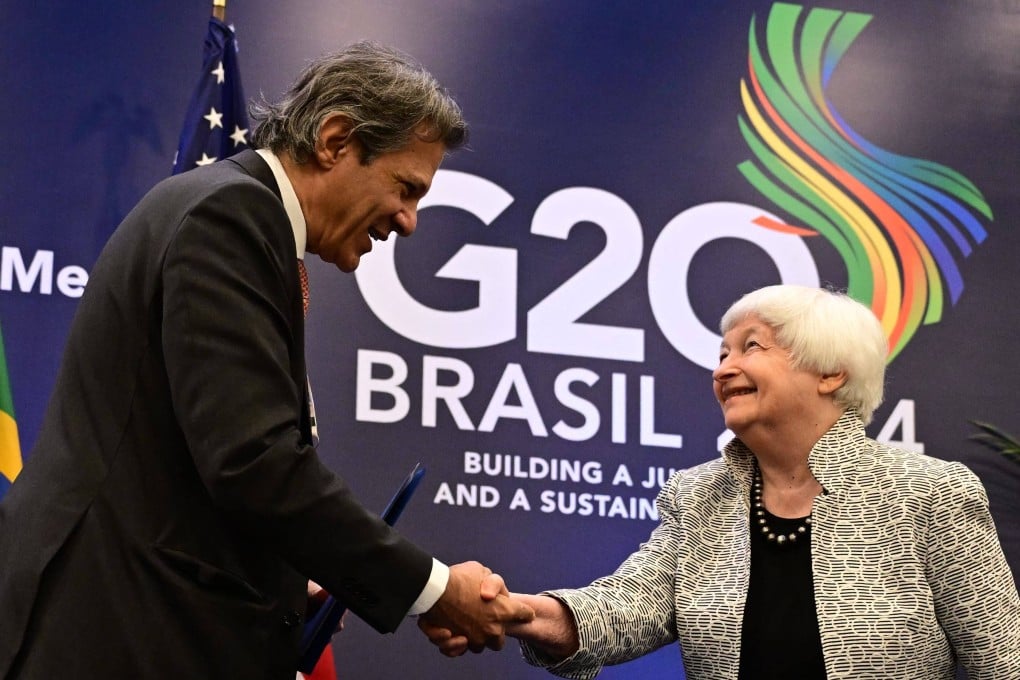Opinion | Here’s how the G20 can be more than a talk shop
While the grouping did a good job of dealing with the 2008 global financial crisis, in recent years, collective action has been sorely lacking

The first G20 summit was held in 2008 in Washington as leaders worked to prevent the near meltdown of financial systems in advanced economies as a result of the subprime crisis in the United States. Since then, the summit has taken place at least every year, hosted by different members under a rotating presidency.
What the international community wishes to see is not simply a joint statement but collective action. But will the G20 continue to behave like a talk shop?
The successful operation of any international organisation requires three elements: effectiveness, efficiency and legitimacy. In the face of criticism, there are five areas the G20 should examine.
